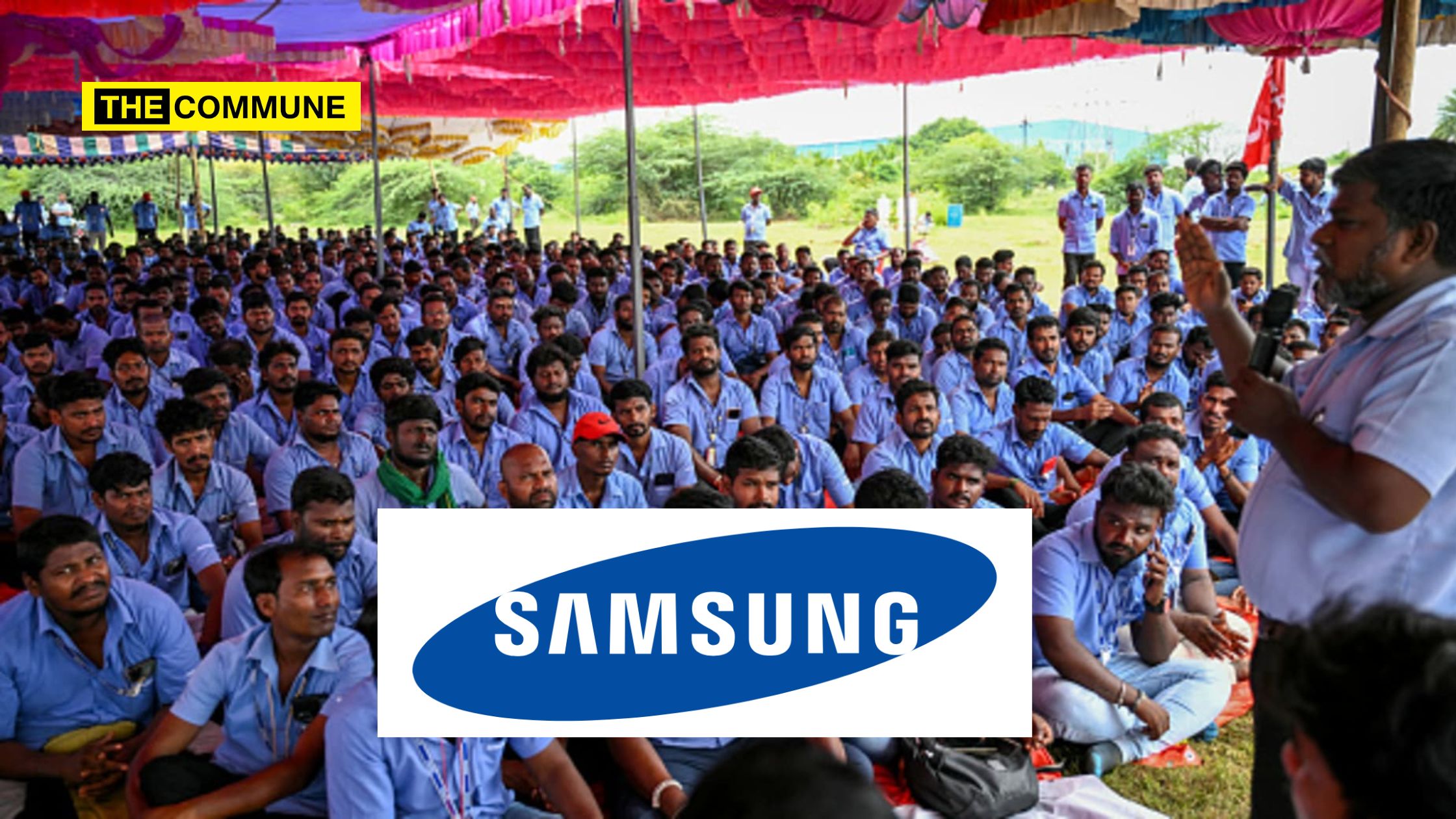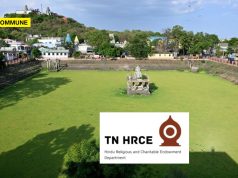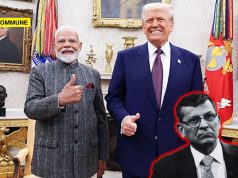
Samsung India Electronics Private Ltd. (SIEPL) reported a $100 million loss following a 38-day strike by a section of its workers at the Sriperumbudur factory, demanding the registration of their trade union, Samsung India Thozhilalar Sangam, affiliated with the Centre of Indian Trade Unions (CITU). The strike, which recently ended, has drawn attention to the ongoing legal battle over the use of the company’s name by the newly formed union.
On 22 October 2024, the case was brought before Justice R.N. Manjula of the Madras High Court, as the trade union’s general secretary, P. Ellan, had filed a writ petition seeking registration. The crux of the legal dispute revolves around the use of the word “Samsung” in the trade union’s name, which the company opposes.
Representing SIEPL, senior counsel G. Rajagopalan argued that allowing the union to use the name “Samsung” would harm the company’s reputation. “We are an international company. We don’t want any political interference in the running of our factory in Sriperumbudur,” he emphasized, referring to the trade union’s affiliation with CITU, which is connected to the Communist Party of India (Marxist).
Mr Rajagopalan further contended that including the word “Samsung” could mislead the public and was unnecessary for the union’s identity. He also highlighted the recent strike’s financial impact on the company and asked for time to submit a detailed counter affidavit by 11 November 2024 explaining why the union should be prohibited from using the company’s name.
On the other hand, advocate N.G.R. Prasad, representing the trade union, maintained that this was not a trademark issue, as the union was not competing with Samsung in business. He cited the Trade Unions Act of 1926, which does not explicitly forbid using a company’s name in a union’s title. Prasad also pointed out that trade unions affiliated with Samsung’s operations in South Korea have used the company’s name without objections.
Prasad further argued that the case was only between the union and the Registrar of Trade Unions and that SIEPL should not be a party to the proceedings. He urged the court to direct the Registrar to register the union if it fulfilled all legal requirements. However, Rajagopalan insisted that SIEPL had a direct interest in the matter and should be allowed to file a detailed counter-affidavit explaining the company’s stance.
SIEPL’s Objections And Political Affiliation Concerns
During the hearing, Justice Manjula asked whether the company’s opposition was solely based on the union’s political affiliation. Mr. Rajagopalan responded that while the political association with CITU was a factor, the main issue was the use of the company’s name. He reiterated that SIEPL did not want its brand associated with the union, regardless of its political ties.
The counsel emphasized that while the union had the right to be registered, it did not have the right to use the name “Samsung” in its title. He also referred to the strike, which he claimed had caused significant financial harm to the company. Despite the workers returning to their jobs, the senior counsel stressed the need for careful handling of the case due to the sensitivity of the matter.
After hearing both sides, Justice Manjula allowed SIEPL to be added as a party to the case and granted the company time until 11 November 2024 to file its counter affidavit. The Registrar of Trade Unions, represented by Special Government Pleader A. Selvendran, also requested additional time to review the registration application, citing SIEPL’s objections.
The court will continue to review the petition and the arguments presented by both parties before making a final decision on whether the trade union can be officially registered with the name “Samsung India Thozhilalar Sangam.”
Background
The strike, which lasted for over a month, was driven by workers demanding the registration of their trade union, which they believe is essential for their rights and representation within the company. The union’s affiliation with CITU adds a political dimension to the dispute, raising concerns from SIEPL about potential interference in its operations.
The case has garnered attention, highlighting the intersection of workers’ rights, corporate branding, and political affiliations in India’s industrial sector. As both sides await further developments, the outcome could set an important precedent for trade union activities involving multinational corporations in the country.
(With inputs from The Hindu)
Subscribe to our channels on Telegram, WhatsApp, and Instagram and get the best stories of the day delivered to you personally.




